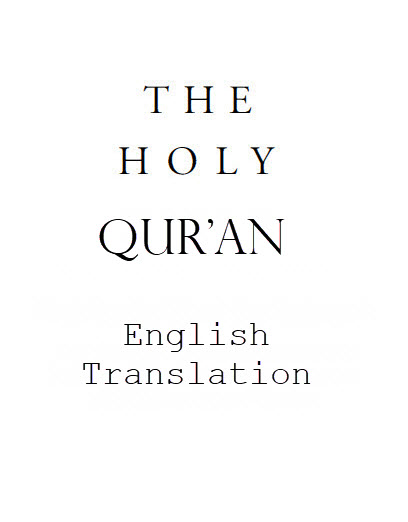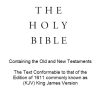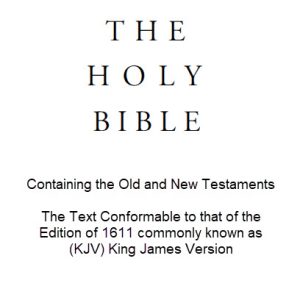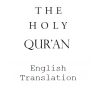The Quran, often spelled as Qur’an, is the central religious text of Islam, believed by Muslims to be a revelation from God. It is considered the word of God as revealed to the Prophet Muhammad over a period of approximately 23 years, starting in 610 CE. The Quran is written in classical Arabic and is composed of 114 chapters, known as surahs, which vary in length. It covers a wide range of subjects, including guidance on ethical, spiritual, legal, and societal matters.
The Quran is highly revered in Islam and is recited and memorized by millions of Muslims worldwide. Its teachings serve as a comprehensive guide for Muslims, providing principles on various aspects of life, including worship, morality, personal conduct, and the understanding of God’s will. It is regarded as the ultimate source of authority and guidance for Muslims, alongside the Hadith, which contains the sayings and actions of the Prophet Muhammad.
The Quran’s verses cover numerous themes, including monotheism, guidance for personal conduct, stories of past prophets, descriptions of the afterlife, and laws governing various aspects of life. It’s divided into chapters that are further divided into verses, known as ayahs. The Quran is regarded as a timeless and unaltered text, as Muslims believe it to be the literal word of God without any human alteration or editing.
The Quran holds spiritual, cultural, and legal significance within Islamic societies, influencing art, literature, ethics, and law. Its recitation is highly valued and is an essential part of Islamic worship. It continues to be studied and interpreted by scholars and individuals seeking guidance and inspiration.
| Book Format | Digital |
|---|---|
| Language | English |
Related products
Babies & Kids






